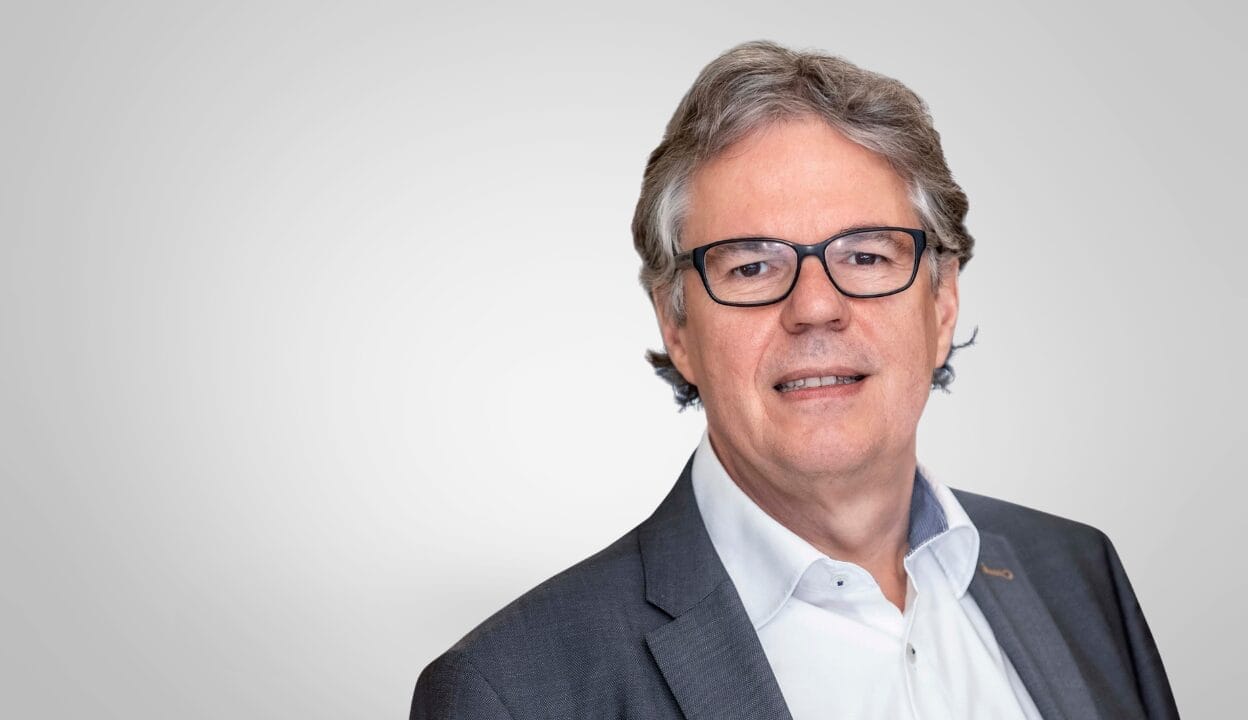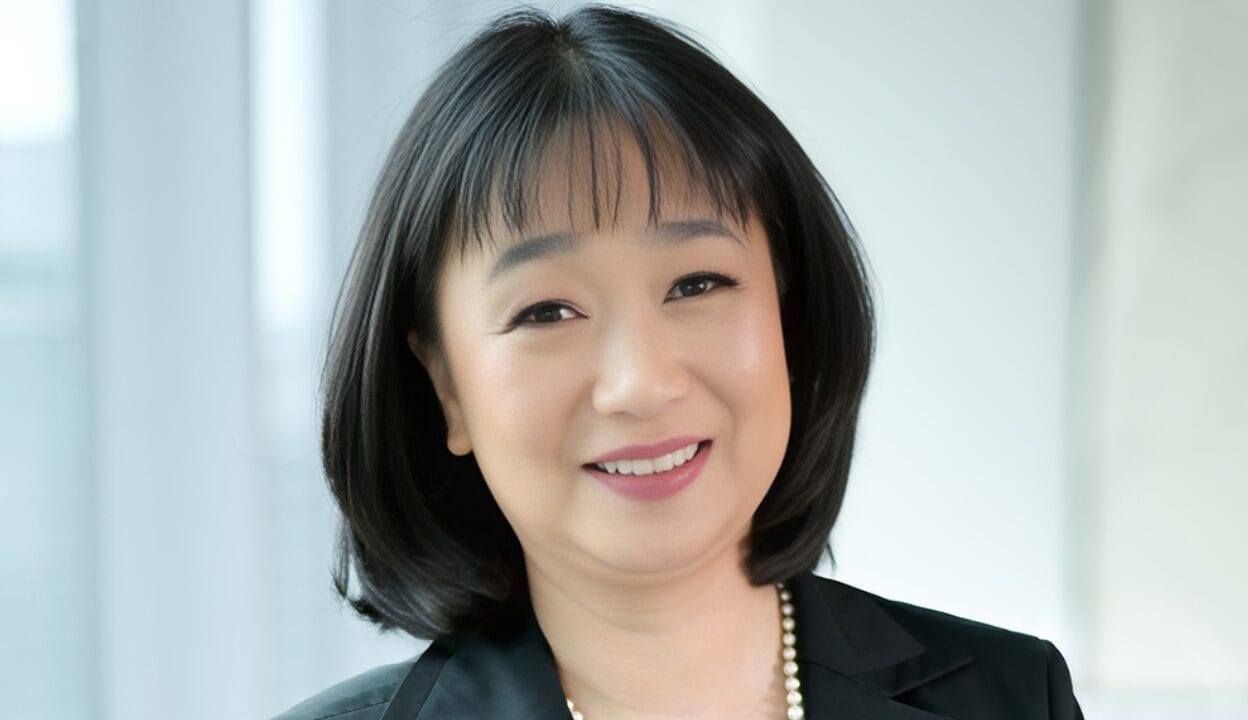Pensioenfonds Zorg en Welzijn (PFZW) the €250 billion Dutch healthcare fund, has just published the 800 names that have made it into its reduced equity portfolio. The final list, steadily cut over recent years from a high of 3,500, enables the investor to better lean into its celebrated reputation in sustainable investment which is integrated not just in equities, but across the entire portfolio.
“Reducing the portfolio is the best way to really understand what companies are doing and know what we own,” Professor Dirk Schoenmaker, chair of the investment committee, said in an interview with Top1000funds.com.
BlackRock and Legal & General Investment Management, which managed multi-billion dollar mandates, have lost mandates alongside AQR Capital Management. And Robeco, Man Numeric, Acadian, UBS, Schroders, M&G and Lazard will now manage PFZW’s equity portfolio, alongside the internal team at its asset manager PGGM.
Schoenmaker, who teaches banking and finance at Erasmus University, is a research fellow at the Centre for European Policy Research and used to work at the Dutch Ministry of Finance and the Bank of England. His experience and expertise was sought by PFZW to help shape its key strategic goals and investment policy which is implemented by its asset manager PGGM.
As part of a multi-year journey, PGGM has changed its investment approach to focus on risk, return and impact. In April, chief fiduciary officer of PGGM, Arjen Pasma, flagged to Top1000funds.com that there would be a change to the manager roster in public equities this year, and other asset classes would be impacted as it rolls out its impact journey to 2030.
Among those strategic goals sits PFZW’s ambition to apply fundamental research to each individual company in the portfolio, digging into financials, strategy, risk and industry trends to go much further than “one or two ESG metrics” to reveal the sustainability of corporate business models.
Rather than being “unpleasantly surprised” by incidents at companies because they were part of an index of thousands, the benchmark is consciously built based on balanced return, risk, and sustainability.
This will also allow PFZW to put more to work in impact where it currently invests around €50 billion in transition themes like climate, healthcare, biodiversity and the circular economy.
It’s an approach that Schoenmaker compares to Warren Buffett’s fundamental approach. “Fundamental investors like Warren Buffet don’t invest if they don’t understand the business model, and at PFZW we can now also really get to know the company and make a conscious decision whether we want to invest or not.”
It also has echoes of another Buffett missive: skilled investors should build concentrated portfolios because, in Buffett’s words, over diversification “makes little sense if you know what you’re doing” and when it comes to sustainability, PFZW and PGGM are global leaders in the field.
The reduced equity portfolio has a 1.5 per cent tracking error and Schoenmaker says it is designed to deliver a return closely aligned with the broader market. “We are not trying to beat our benchmark,” he says. “Impact investment has a neutral effect on ten-year returns. We are not promising higher returns but want to protect the purchasing power of pensions. Impact is about long-term value creation.”
With that said, in real estate he notices that a positive feedback loop has started to emerge.
“Energy-efficient residential and commercial buildings have increased rental and property values. We are starting to get to the exciting bit,” he says. It means that when the PGGM team spots poor energy efficiency in real estate holdings they will invest to improve that part of portfolio in keeping with value investment.
He believes the same thing will happen in infrastructure whereby “making the right decisions around water, electricity and transport” will secure long-term value. “The infrastructure we build today locks in the energy mix for the next twenty years,” he says.
Portfolio construction
One segment of the 800 equity names comprises “sustainability neutral” companies that don’t have a big impact either way, he continues. These companies ensure the portfolio is diversified and balanced across different sectors and strategies, and that the fund doesn’t miss out on market trends – PFZW still has exposure to mega-cap tech stocks that have dominated the US equity market, but the allocation is “a bit smaller.”
Portfolio construction also involves divestment based on PFZW’s exclusion preferences drawn from its 3 million plan beneficiaries over the years.
Tobacco was excluded years ago, but in June last year PFZW sold approximately €600 million in gambling stocks following a member survey indicating concerns. The pension fund has also completed divestment from a total of 310 oil and gas firms because they lacked credible climate strategies. It has sold stakes worth a combined €2.8 billion, retaining only seven frontrunners committed to transitioning to low-carbon energy.
Schoenmaker says the decision was a consequence of “years of collecting information” and engagement with fossil fuel groups to produce verifiable transition plans to limit temperature rises, that ultimately came to nothing.
“It was very disappointing because we walked away from a large group of companies, although if they reform we will be back in. Engagement doesn’t work unless you divest,” he says.
Despite the failure of engagement with fossil fuel groups, he believes that corporates welcome PFZW’s engagement. Mostly because the positive effect of engagement soon appears in their bottom line.
“We try to be an informed investor and always listen before we start asking the questions. Engagement makes us an interesting partner for companies. We see things happening they might have missed, and we can give advice.”
Like his believe that corporate stories become much more compelling when the annual report begins by outlining what a company does, or is trying to achieve, than stats on the share price or dividends.
Still, engagement with private equity GPs to integrate impact, an important component of PFZW’s balanced portfolio and which accounts for around €23 billion, has been slow. “Only some [GPs] have started to move, and most of those are in Europe,” he reflects.
But he notices more pension funds are putting pressure on GPs to do more to integrate impact, and the co-investment pipeline is growing.
“We are actively discussing impact with our GPs but it is a long-term process that requires patience. If we can achieve change regarding impact in private equity, we will have achieved a lot.”
Navigating anti-ESG sentiment
Part of Schoenmaker’s job is to ensure PFZW reflects plan beneficiaries in its investment strategy. It’s an engagement process that reveals the investor practices what it preaches.
PFZW keeps abreast of beneficiary sentiment by regularly surveying participants and the board reports quarterly to an accountability body peopled by employers and retirees. He says participants continue to “applaud” a strategy that combines sustainability with returns despite the Netherlands also experiencing a backlash in ESG sentiment.
He is confident members “truly understand” how impact aligns with long-term value creation. But he also believes anti-ESG sentiment is best viewed through the lens of any other business cycle.
“It is true that people are pessimistic about sustainability and companies and governments have taken back commitments. There was a lot of interest in sustainability, and now that has partly fallen away, but this is the business cycle of sustainability, and we look through it for the long haul.”
Schoenmaker, who returns to his students this week after the summer break, concludes: “I always tell my students it’s not a question of making finance sustainable, it’s about using finance to help solve problems. Finance is not the culprit – it is the means to achieve returns and help create a liveable planet and transition to a new world that will happen in their lifetime.”



Just excellent from these guys. Financing the economic activity their beneficiairies want. And avoiding the other stuff. Pension funds globally are moving this way, though too slowly…